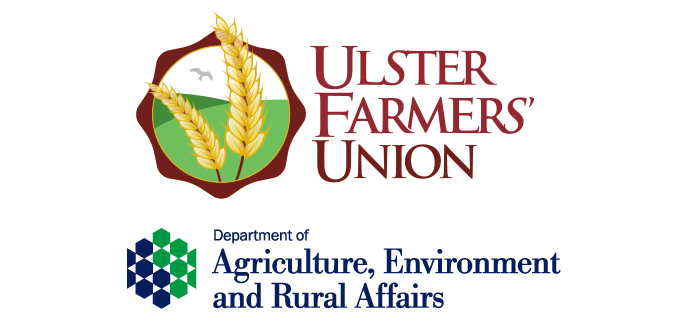Ulster farming leaders have complained to environmental health and food standards authorities about the “very low level” of meat import and disease controls which are applied to food and animal products arriving at Belfast Port and Belfast International Airport.
Both the port and airport are classified as Border Inspection Posts (BIPs), a status which means they are designated as “legal access points” into the EU for food and animal products from countries outside of the EU.
The Ulster Farmers Union (UFU), which is not happy with the present situation, raised concerns about a number of BIP issues during a recent meeting with the Department of Agriculture, Environment and Rural Affairs (DAERA) in Northern Ireland, Environmental Health officials and the Food Standards Agency.
The UFU said it was “aware” that only a very low level of testing, largely based on perceived risk, was conducted on the species or residues contained within imported meat containers, adding that it would like to see more testing done.
DAERA took the opportunity to “demonstrate” the level of surveillance currently in operation at Belfast airport where it said luggage is regularly inspected for imported products, whenever it is considered there may be a disease risk to the local agriculture sector.
In that context, however, it emerged that DAERA’s border post inspectors have witnessed an increase in seizures at the airport in recent years, following the “employment” of two trained sniffer dogs. Products seized have included bush meat, snake oil, honey, milk and plants.
There are 300 BIPs in the EU, covering food and animal products which are imported from countries outside of the EU. Once imported food from 3rd countries has satisfied the controls in Belfast, or any of the 298 other BIPs across Europe, this grants these imports “customs clearance” to move anywhere within the EU.




